In California, lawmakers are hitting the brakes on a planned $25 minimum wage for healthcare workers, fearing it could plunge the state’s budget further into the red.
It’s a tough call that spotlights the challenges of reforming wage laws without toppling fiscal stability.
Governor’s Controversial Approval
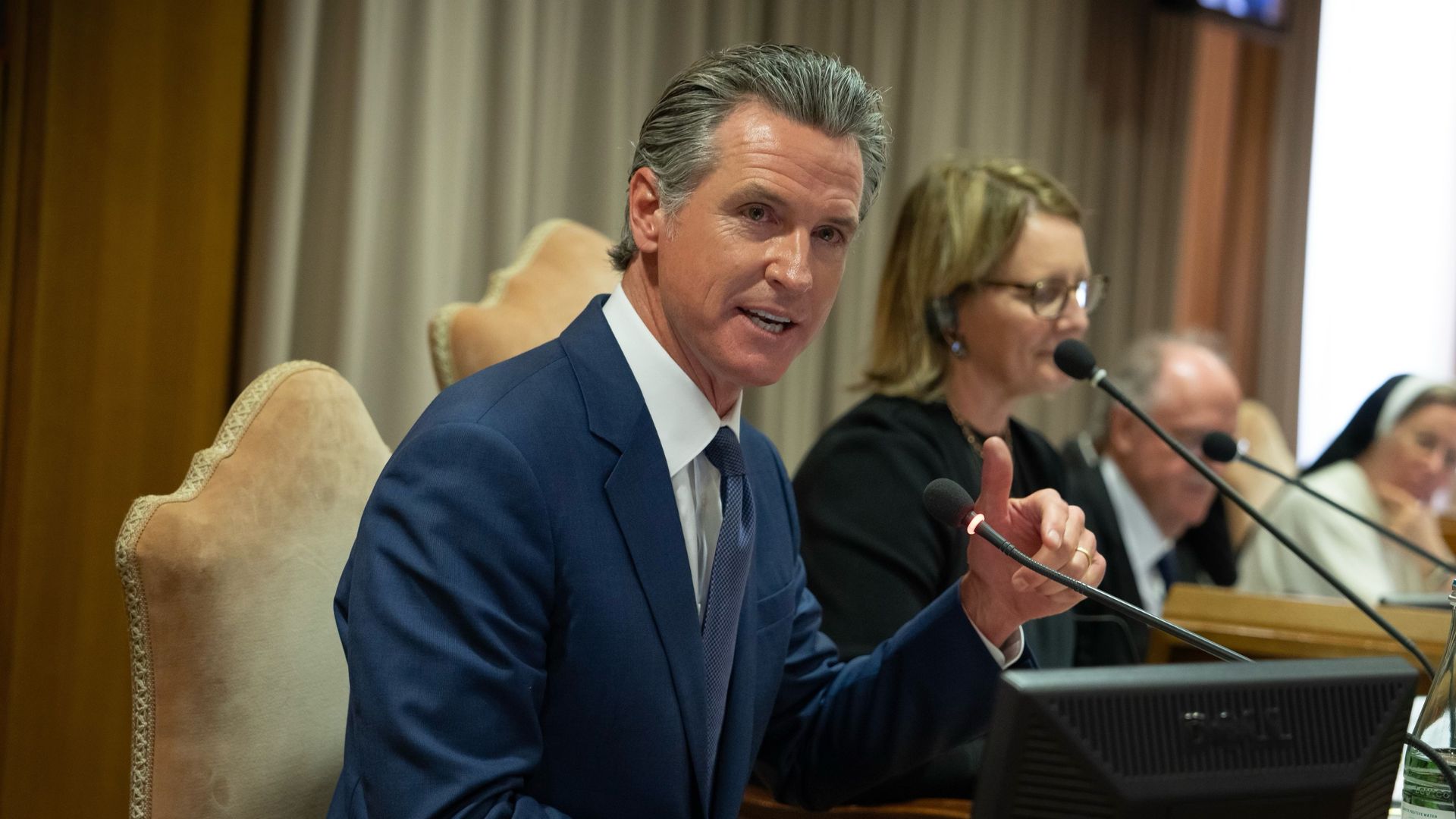
Governor Gavin Newsom greenlit the ambitious wage law last October amidst warnings from analysts about its heavy financial toll.
Now, as the reality of these costs sets in, there’s a scramble to reassess the situation and mitigate potential fallout.
The Costly Impact

A sobering look at the numbers shows California could be on the hook for an extra $4 billion a year due to this wage increase.
Most of this would come from heightened Medicaid costs and the need to boost salaries at state-run healthcare facilities.
Healthcare Providers’ Alarm

Doctors and hospital administrators are sounding the alarm: ramping up wages so drastically could mean scaling back on patient care.
With potential financial impacts in the tens of millions, the ripple effects could be widespread.
Amidst a Fiscal Crunch
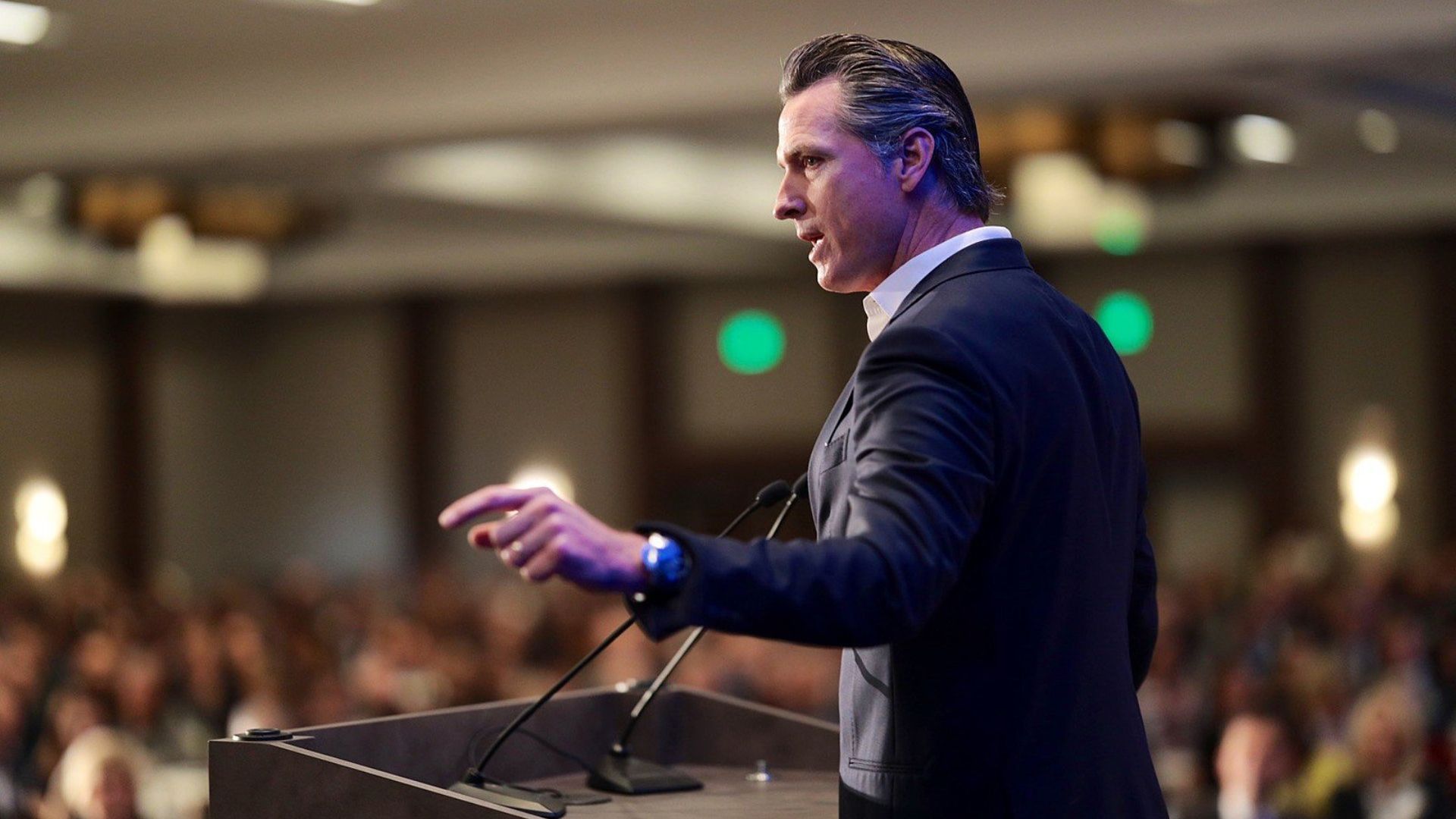
The timing couldn’t be worse, as California faces a daunting $45 billion budget deficit.
This economic strain is forcing lawmakers to think twice about the timing and feasibility of the wage hike.
Negotiations on the Brink
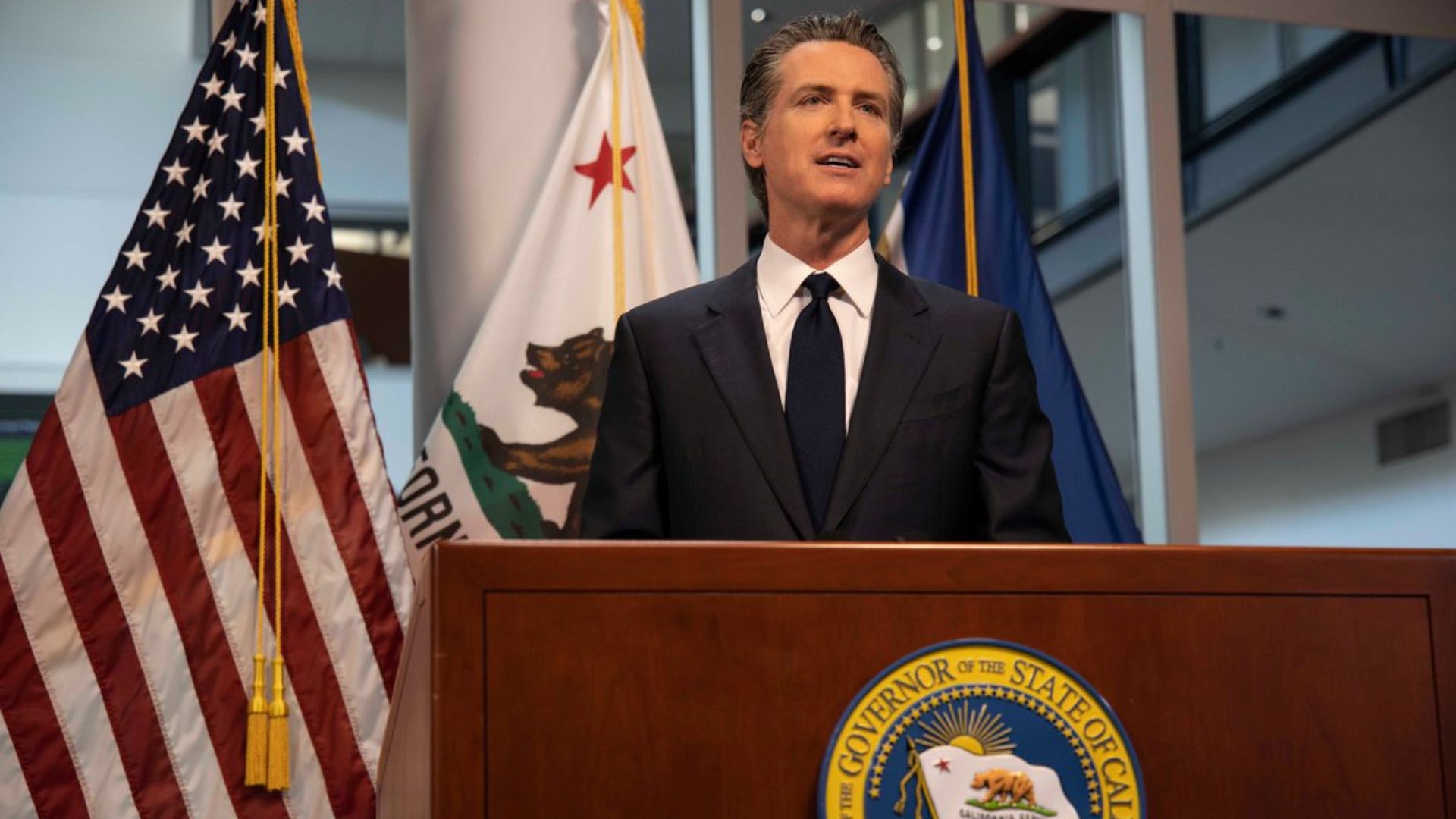
Governor Newsom is in the thick of it, pushing his latest budget proposal while trying to hammer out a deal.
He’s made it clear, saying, “This budget will not be signed without that deal that we committed to being addressed.”
Deadline Drama
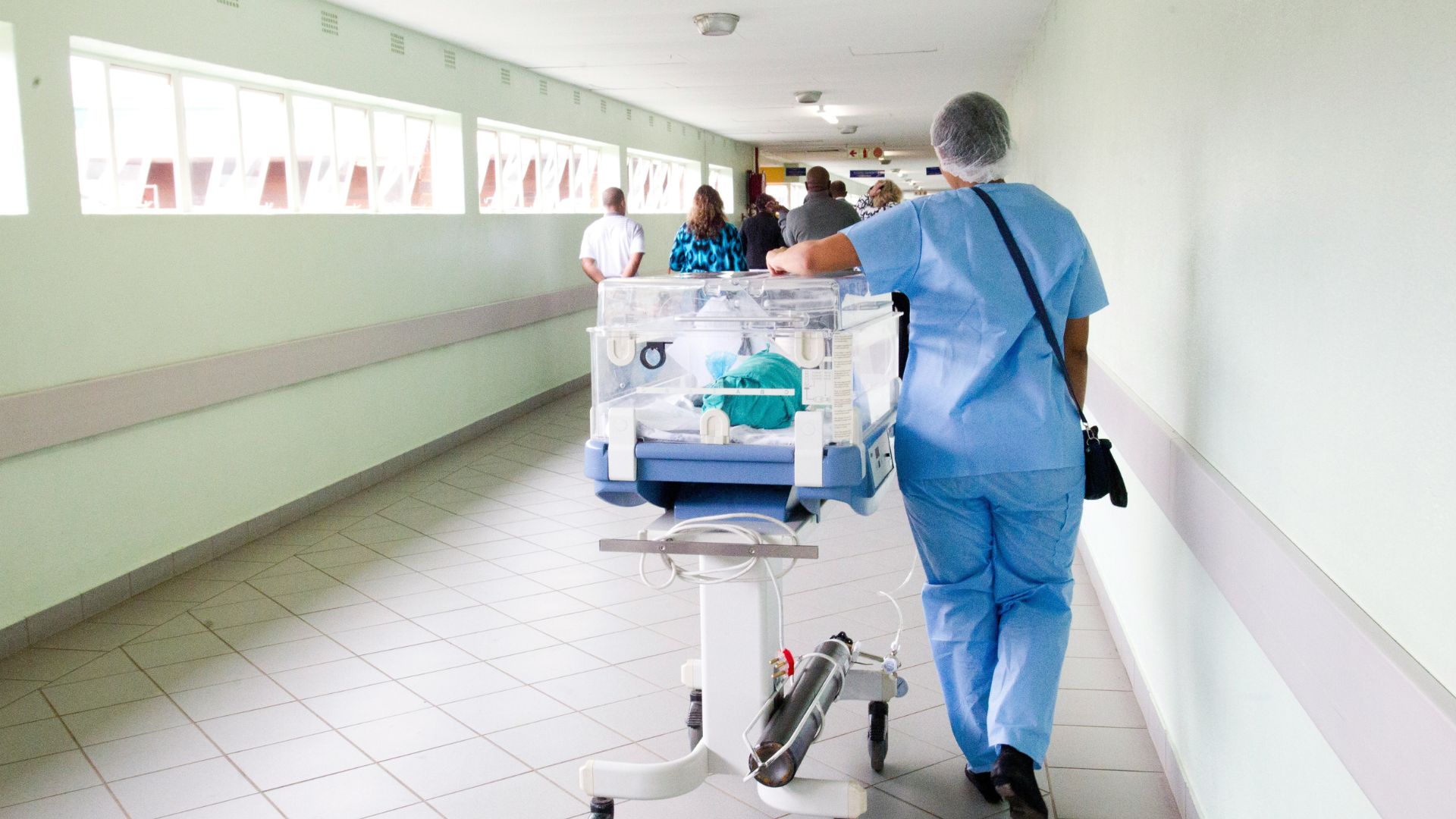
With the law set to take effect this weekend, the pressure is on to finalize negotiations.
Details about the sticking points remain under wraps, adding a layer of suspense as everyone wonders if a compromise will be reached in time.
Wage Increases on the Horizon

Without swift legislative action, the minimum wage for healthcare workers will soon jump to between $18 and $23 an hour.
This is just a stepping stone on the way to the full $25 target by 2028.
Some Act, Others Wait

In response to the impending law, some healthcare facilities have already begun to raise wages for their workers in anticipation of the new minimum wage requirements.
Other facilities are waiting to see the final outcome of the legislative and budgetary discussions before making any changes.
A Wider Wage Context

California’s minimum wage currently stands at $16 an hour, demonstrating the state’s broader commitment to improving earnings for low-wage workers.
However, each sector, including healthcare, faces unique challenges that complicate these efforts.
Fast Food Wage Fallout
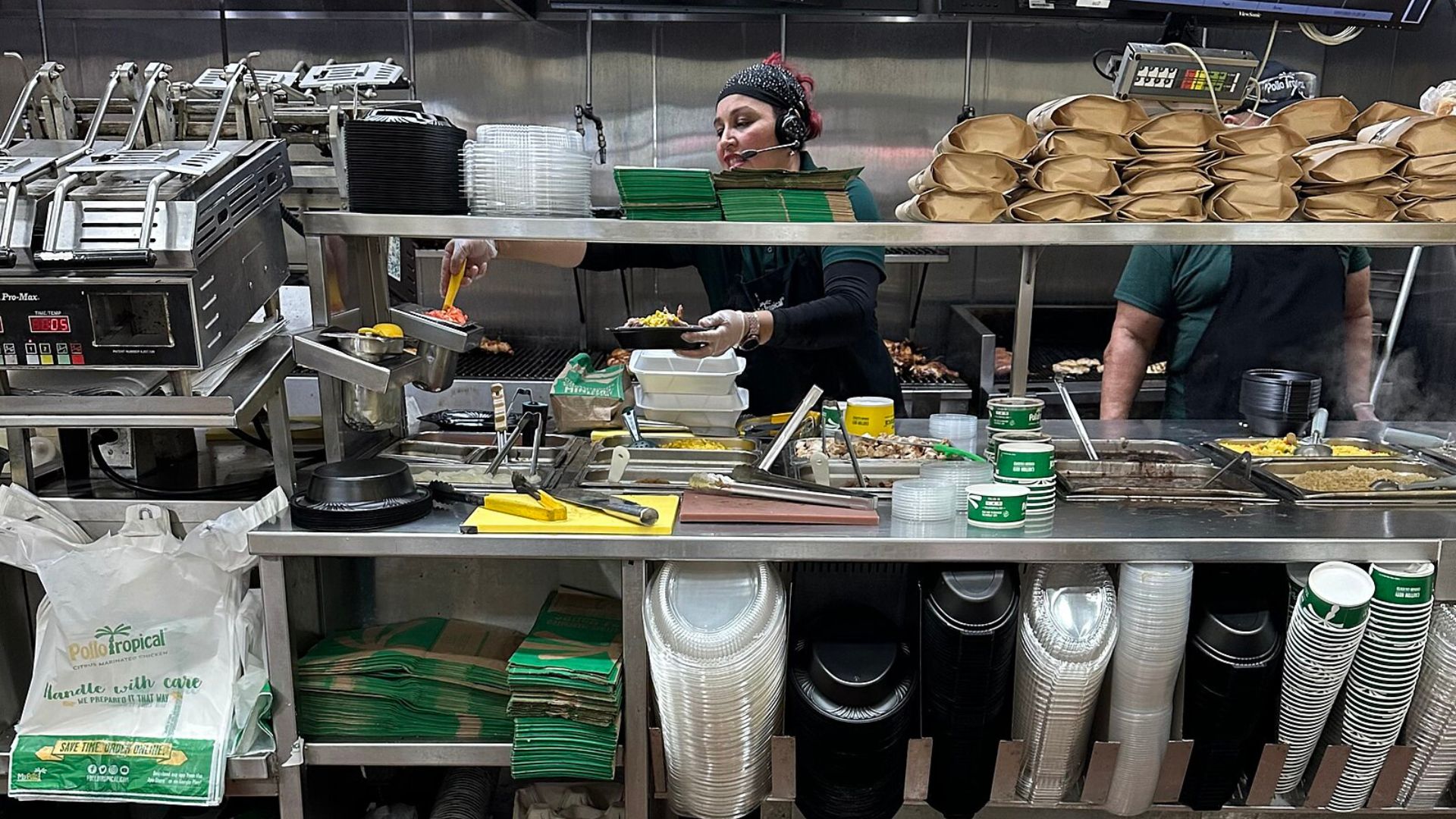
Following a similar path, the state’s fast food workers received a wage bump to $20 an hour last September.
This move has since pushed fast food prices up by 10% statewide, more than in any other state, as according to Dataessential.
Looking Ahead
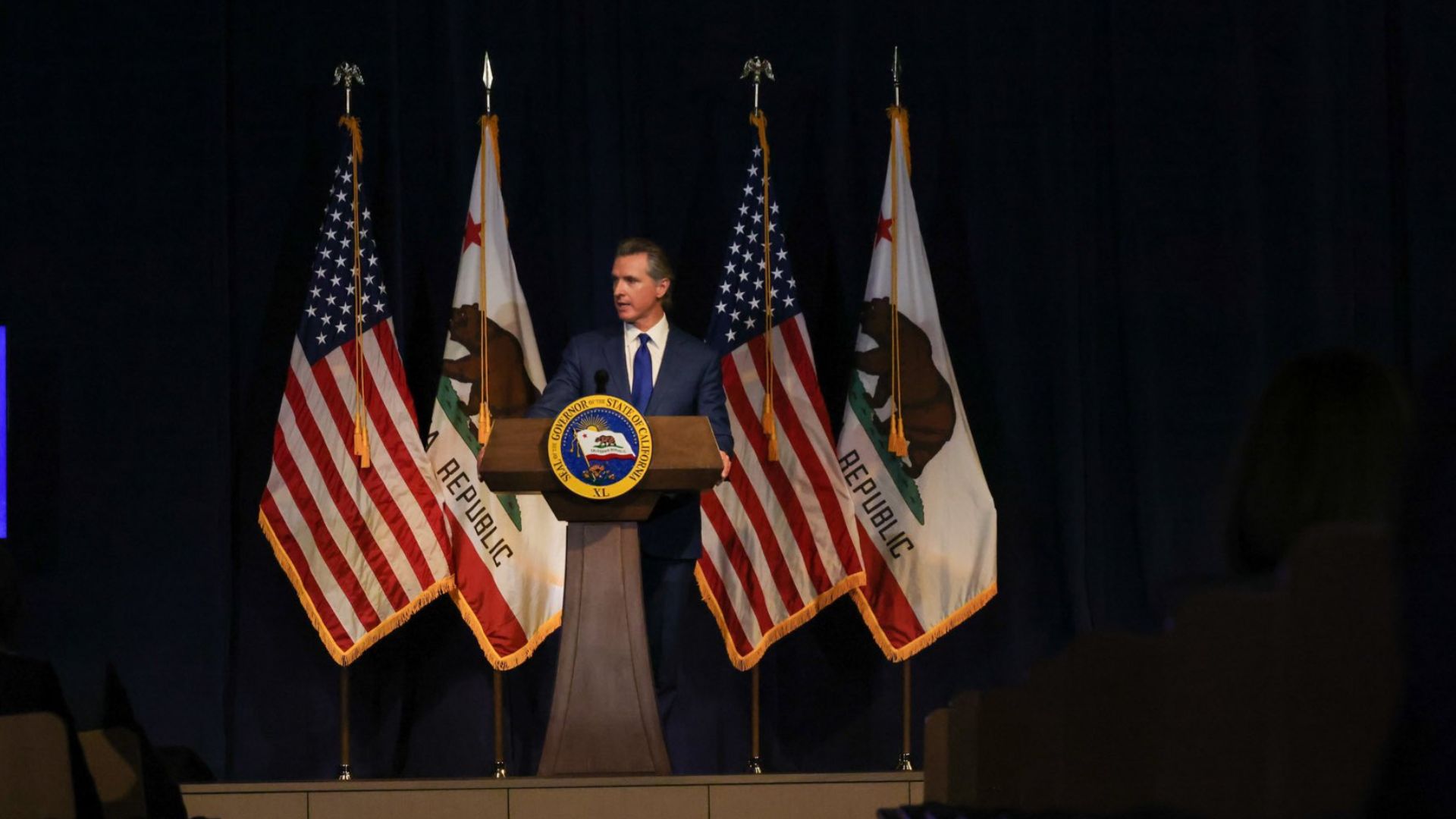
As California grapples with these wage increases, the ongoing economic impacts are under close watch.
The state’s strategies and outcomes could well become a model—or a cautionary tale—for others. The balance between boosting wages and maintaining economic health has never been more scrutinized.
